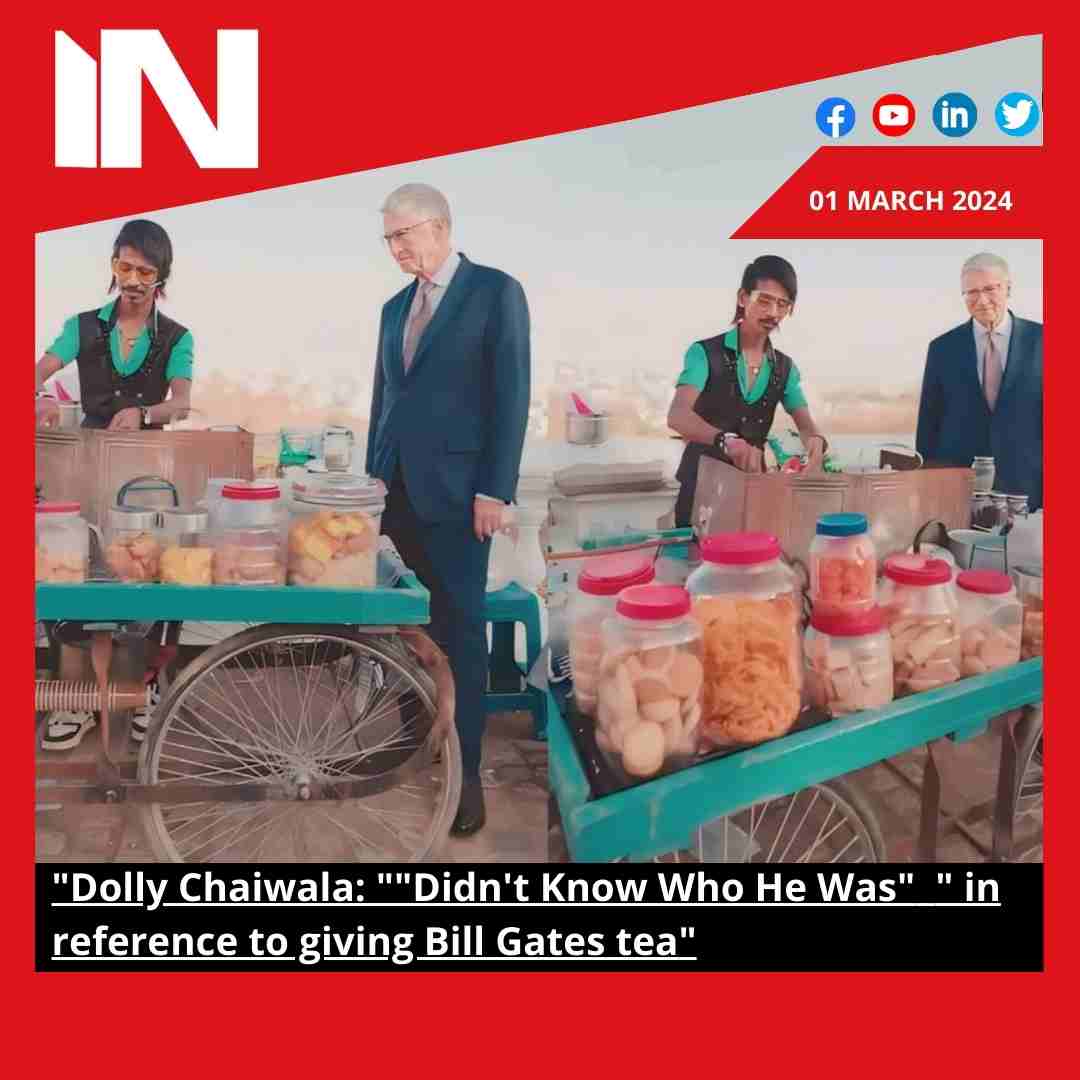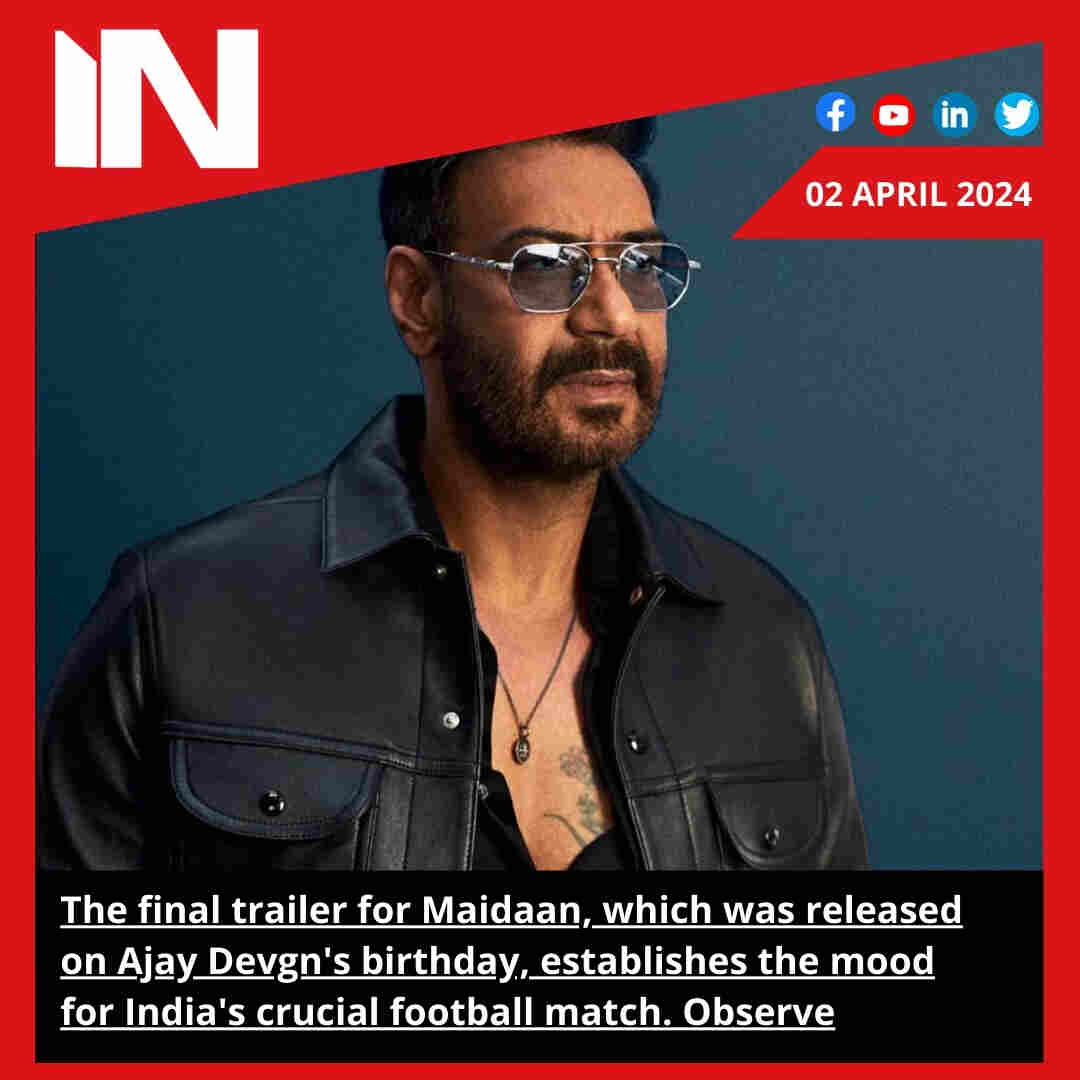India Hot Topics
No Consensus, Says Nirmala Sitharaman As 9 States Reject GST Solution

There is still no consensus to break the deadlock between the central government and those of states and Uts over mode of payment of GST compensation, Union Finance Minister Nirmala Sitharaman said late Monday night after another GST Council meeting – the second in seven days and the third in a row to end with no agreement in sight.
By the end of Monday’s meeting 12 states had accepted the centre’s payment proposal – to borrow from the markets on their own account – but nine others stood their ground and insisted the centre do the borrowing.
Overall 21 states – mostly those ruled by the BJP or those that have supported it on various issues – have agreed to borrow. Ms Sitharaman has asked for time to consider the demands of the nine states who refused to do so after today’s meeting.
GST (Goods and Services Tax) compensation has emerged as a sore point with state and union territory governments this year, particularly with the adverse economic impact of the Covid pandemic and lockdown.
The centre is finding it difficult to pay states compensation – due if a state’s revenue grows slower than 14 per cent – because states have not earned much this year due to months of lockdown necessitated by the COVID-19 crisis.
Last week Ms Sitharaman said that although no agreement had been reached the centre would release around Rs 20,000 crore in compensation for this year.
Earlier this year the Finance Minister, after a meeting of the GST Council, said an “act of God, an unforeseen factor”, had affected GST collections, and said a cash-strapped central government would struggle to pay states fully. Instead, she suggested, states could borrow from the markets.
Several states, notably those ruled by opposition parties, initially refused this option. The number of states in this camp is, however, dwindling.Some of those that opposed borrowing and continue to do so – the list includes Kerala and Bengal – have written to Prime Minister Narendra Modi, to remind him of his government’s “constitutional” responsibilities.
They have also pointed out that borrowing as a method of repayment places an extra burden on their finances at an already difficult time. The centre, they have repeatedly said, could take up this burden and pay back the loan by carrying forward GST cess collection past 2022.
On Monday the Finance Minister said this would not be possible as it would lead to a rise in bond yields and result in increase in borrowing costs for the government and private sector.
Tap To Explore More : INDIA.com
Also Read : MORE THAN 62 LAKH PATIENTS RECOVERED FROM COVID-19 IN INDIA; 55,342 NEW CASES IN 24 HOURS
Movie
The Madras High Court has granted early screenings of Vijay’s Leo movie from 7 AM, requesting the TN government to resolve any issues.
Madras High Court Grants Early Screenings of Vijay’s “Leo” Movie at 7 AM, Urges TN Government to Address Concerns
The Madras High Court has made a landmark decision in favor of the much-anticipated Tamil film “Leo,” starring actor Vijay. In a significant move, the court has granted permission for early screenings of the movie from 7 AM, urging the Tamil Nadu government to swiftly address any issues and facilitate the smooth release of the film. This decision marks a pivotal moment in the realm of Tamil cinema and the entertainment industry at large.
Historical Context:
The Indian film industry, particularly the Tamil film industry, has seen its share of controversies and challenges related to film releases. Issues such as censorship, political disputes, and public sentiment have often played a significant role in shaping the release schedules and screening times for films. Vijay, one of Tamil cinema’s most prominent actors, has been at the center of such controversies in the past. This decision by the Madras High Court is, therefore, particularly noteworthy.
The Ruling:
The Madras High Court’s decision to permit early screenings of “Leo” comes as a response to a plea filed by the film’s producers. The court, while considering the plea, took into account various factors, including the film’s anticipated popularity and the prevailing circumstances. The court emphasized the importance of accommodating the audience’s interests and allowing them to enjoy the film without disruptions.
A Step Towards Normalization:
The court’s decision signifies a positive shift in the film industry, where release dates and screening times are often mired in controversy. By allowing screenings to commence at 7 AM, the court aims to reduce the chances of public unrest and congestion near theaters, especially in the wake of high-profile film releases.
The Role of the Tamil Nadu Government:
The Madras High Court, in its ruling, also called upon the Tamil Nadu government to cooperate in ensuring a seamless release for the film. This cooperation extends to providing necessary security measures to maintain law and order around theaters during the early screenings.
Implications for the Entertainment Industry:
The decision is expected to set a precedent for the release of other highly anticipated films, not just in Tamil cinema but also in the broader Indian film industry. The court’s emphasis on the importance of accommodating the audience’s interests could lead to more flexible screening times for movies in the future.
The Audience’s Perspective:
For moviegoers and fans of Vijay, this decision comes as a welcome relief. They can now look forward to enjoying the film without any undue delays or disruptions, ensuring a memorable cinematic experience.
In conclusion, the Madras High Court’s ruling to allow early screenings of Vijay’s “Leo” at 7 AM while urging the Tamil Nadu government to resolve any issues paves the way for a more audience-centric approach in the film industry. It is a landmark decision that highlights the importance of balancing the interests of filmmakers and the movie-loving public. This judgment is poised to make a positive impact on the release of future films, ushering in a new era of flexibility and convenience for cinema enthusiasts.
Group Media Publications
Entertainment News Platforms – anyflix.in
Construction Infrastructure and Mining News Platform – https://cimreviews.com/
General News Platform – https://ihtlive.com/
Podcast Platforms – https://anyfm.in
-

 Bollywood1 month ago
Bollywood1 month agoAishwarya Rai maintains her stunning appearance in a new L’Oreal ad.
-

 health and remedies1 month ago
health and remedies1 month agoThe article discusses the potential health risks associated with swallowing dry ice
-
.jpg)
.jpg) Music4 weeks ago
Music4 weeks agoSidhu Moosewala’s father and baby brother feature on Times Square billboard; fans react. Watch
-

 Entertainment2 months ago
Entertainment2 months agoThe Anant Ambani-Radhika Merchant pre-wedding bash in Jamnagar has received a list of guests.
-

 Trending2 months ago
Trending2 months agoDolly Chaiwala: “Didn’t Know Who He Was” in reference to giving Bill Gates tea
-

 Trending2 months ago
Trending2 months agoOppo Reno 12 Pro Key Features Leak Online: Expected to Receive a 1.5K Display with a Density 9200+ SoC
-
Bollywood2 weeks ago
Rasha, the daughter of Raveena Tandon, discusses how trolling affects her: “I think in processing it, feeling bad for a bit.”
-

 Bollywood1 month ago
Bollywood1 month agoFor this explosive advertisement, Aamir Khan and Darsheel Safary reconnect 16 years after Taare Zameen Par










.jpg)
%20(1).jpg)
%20(1).jpg)
%20(1).jpg)
%20(1).jpg)
%20(1).jpg)
.jpg)





